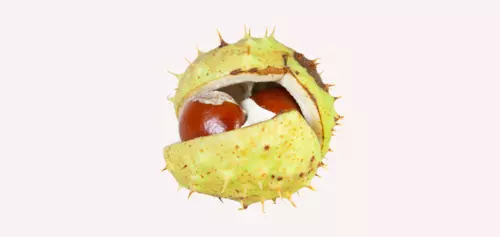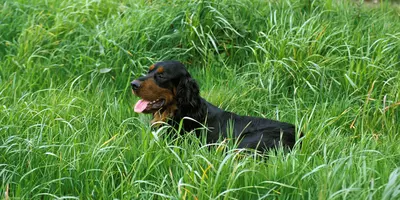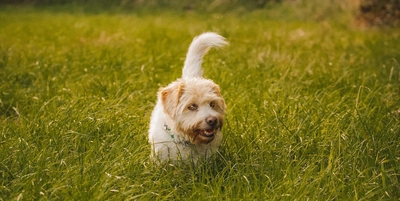Are Conkers Poisonous to Dogs?
- 04 Sep 2023
- 3m read

Yes, conkers can be poisonous to dogs.
How Much Conker is Toxic to Dogs?
The toxicity of conkers (also known as horse chestnuts) can vary from dog to dog, but it's crucial to note that even a small amount can be harmful. Conkers contain a substance called aesculin, which can be toxic when ingested.
Why Do Dogs Eat Conkers?
Dogs are naturally curious creatures, and their curiosity can lead them to explore and ingest things they shouldn't. Conkers, with their shiny appearance and interesting texture, may attract a dog's attention. However, the reasons behind a dog's attraction to conkers are not entirely understood. It could be due to the smell, taste, or simple curiosity.
What Should I Do If My Dog Eats Conkers?
If you suspect or know that your dog has ingested conkers, it's vital to take immediate action. Contact your vet or an emergency animal hospital. Time is of the essence when it comes to conker poisoning. Your vet will provide guidance based on your dog's size, the amount ingested, and the severity of symptoms.
In the meantime, keep a close eye on your dog, but do not attempt to induce vomiting unless your vet instructs you to do so. Inducing vomiting without professional guidance can be dangerous.
What Are the Symptoms of Conker Poisoning in Dogs?
Conker poisoning can result in a range of symptoms, and the severity may vary depending on the amount ingested and your dog's size. Some common symptoms to watch out for include:
Vomiting
Diarrhoea
Drooling
Abdominal pain
Restlessness
Increased heart rate
Difficulty breathing
Muscle tremors or seizures
In severe cases, conker poisoning can lead to coma or death. This is why it's crucial to seek immediate veterinary care if you suspect conker ingestion.
How Can I Keep My Dog From Eating Conkers?
Prevention is the best approach when it comes to keeping your dog safe from conker poisoning. Here are some steps you can take to minimise the risk:
Keeping them on a lead
When walking your dog in areas where conkers are present, keep your dog on a lead and under close supervision. This will prevent them from wandering off and potentially ingesting these hazardous seeds.
Training
Obedience training can play a significant role in ensuring your dog responds to your commands. Teaching commands like "leave it" or "drop it" can be lifesavers in situations where your dog encounters dangerous substances.
Garden maintenance
If you have conker trees in your garden, regularly collect and dispose of fallen conkers. This will help reduce the temptation for your dog to explore and ingest them.
Distraction
Provide your dog with engaging toys and activities to keep them mentally and physically stimulated. A content and occupied dog is less likely to get into trouble.
Supervision
When spending time outdoors with your dog, stay attentive and watch for signs of curiosity about conkers. Swift intervention can prevent ingestion.




